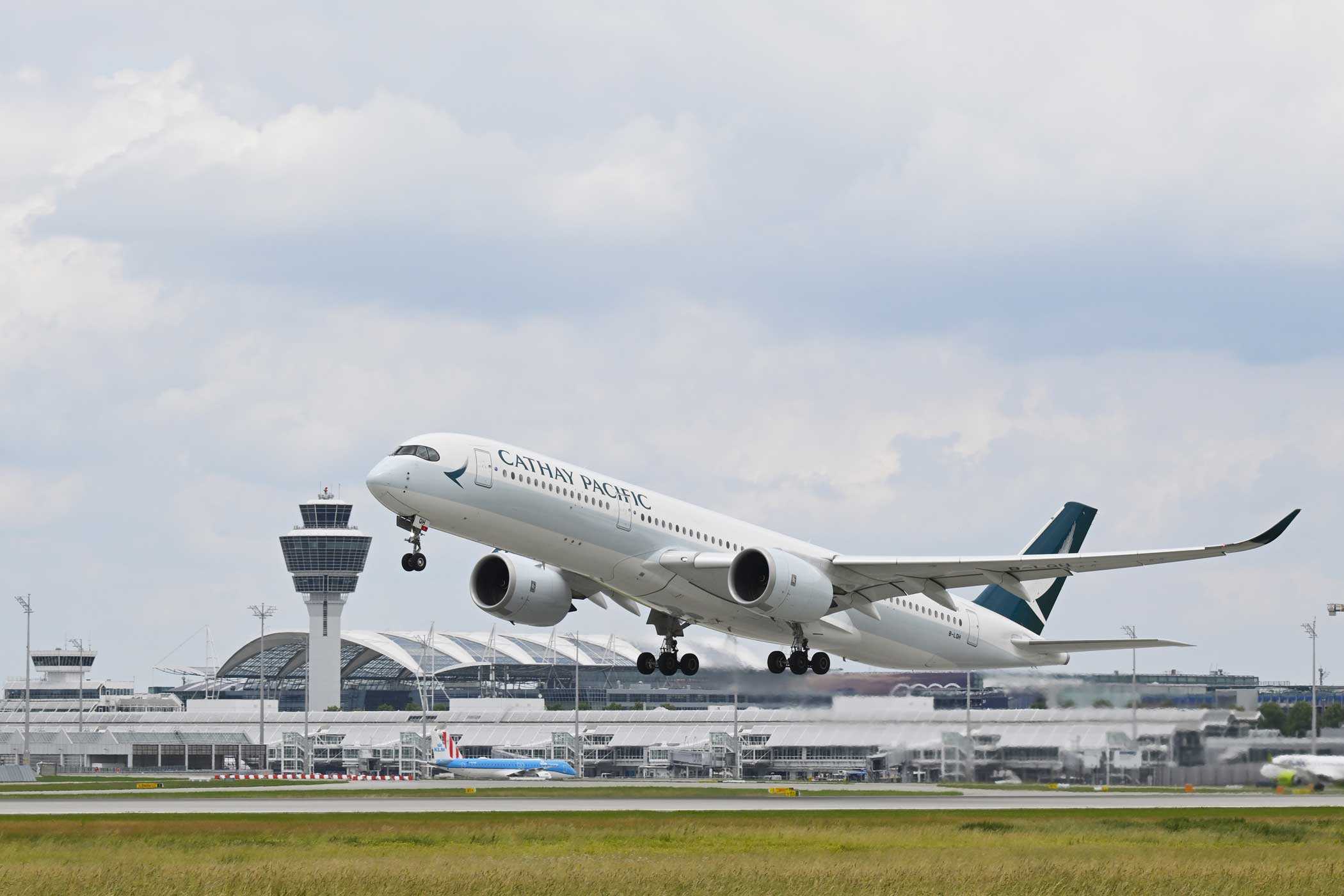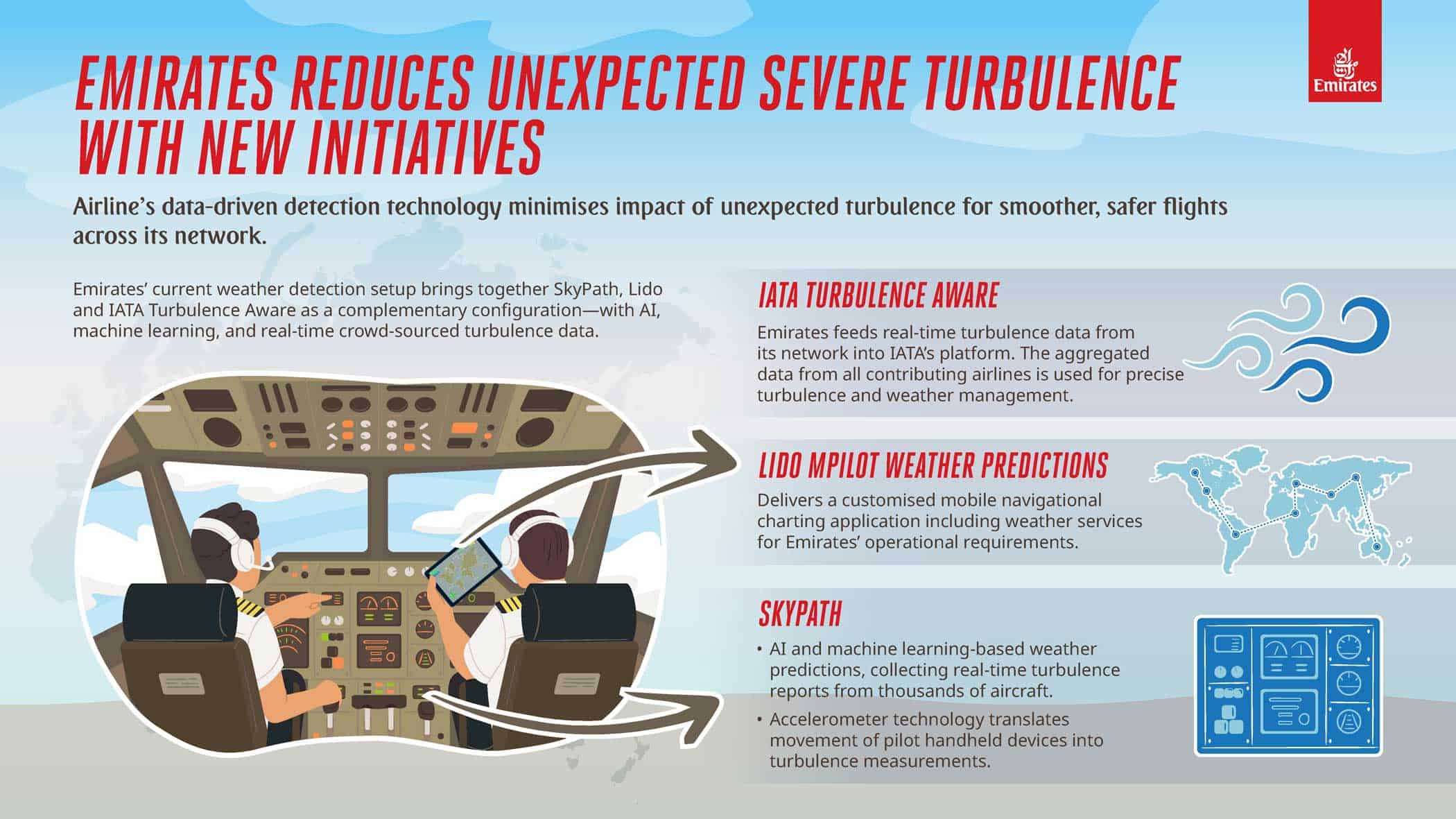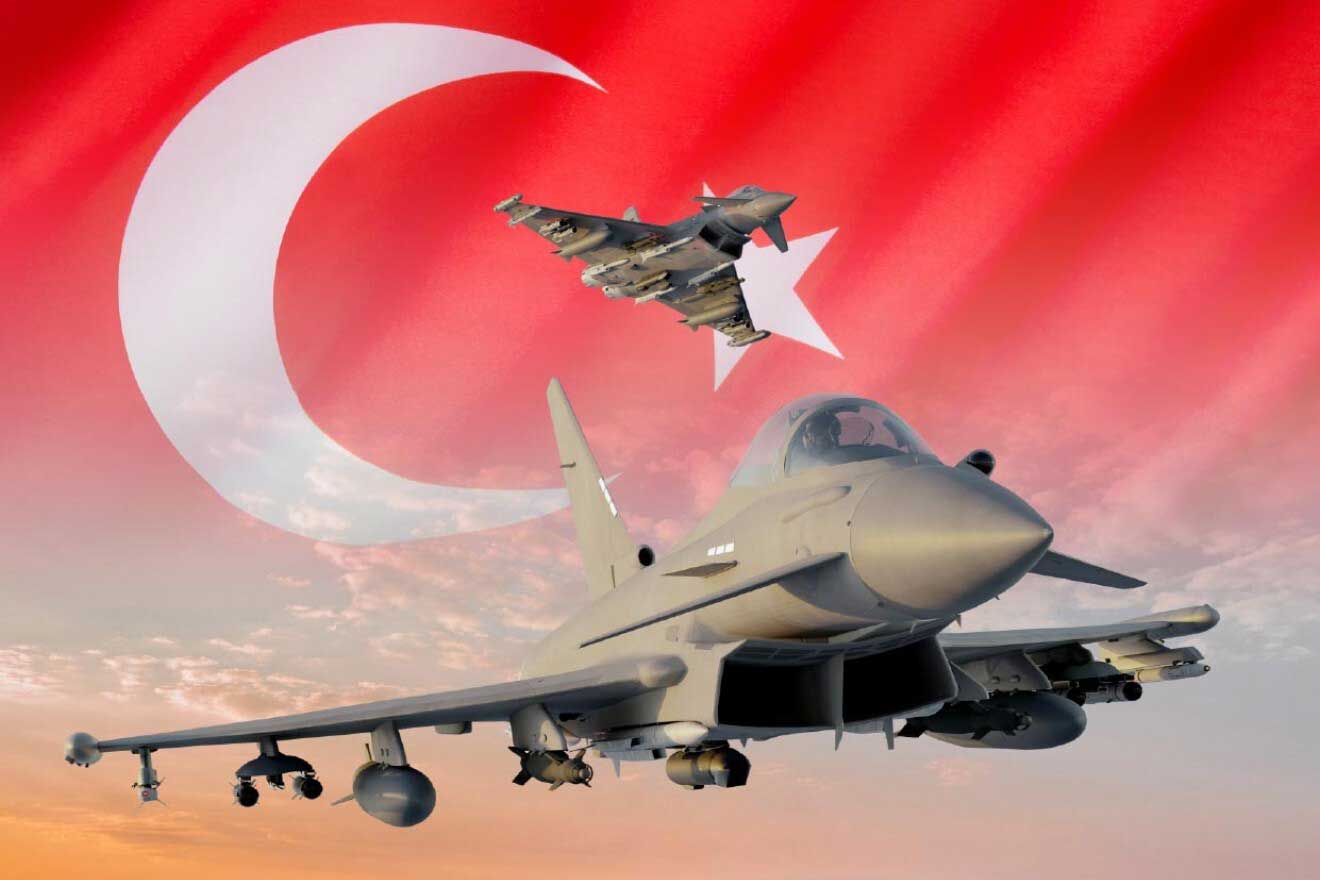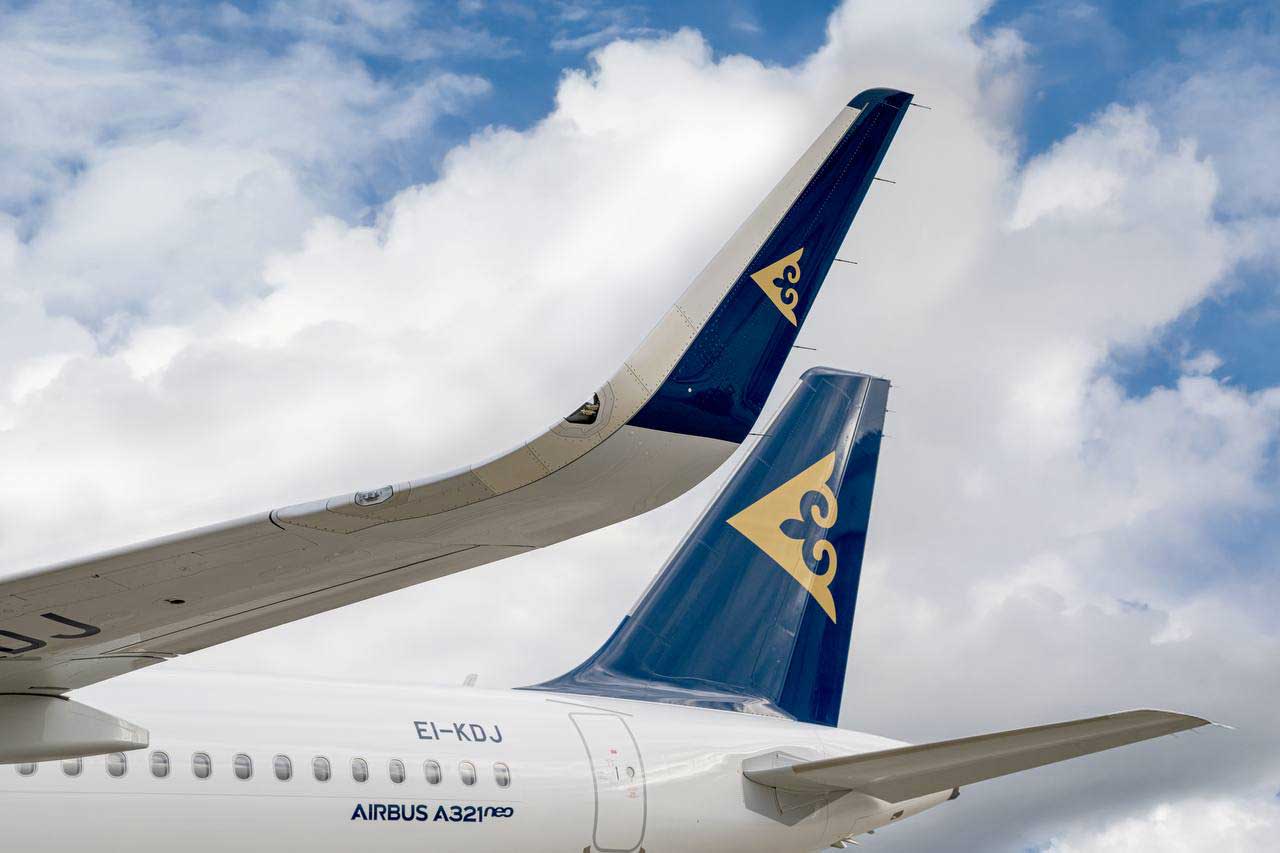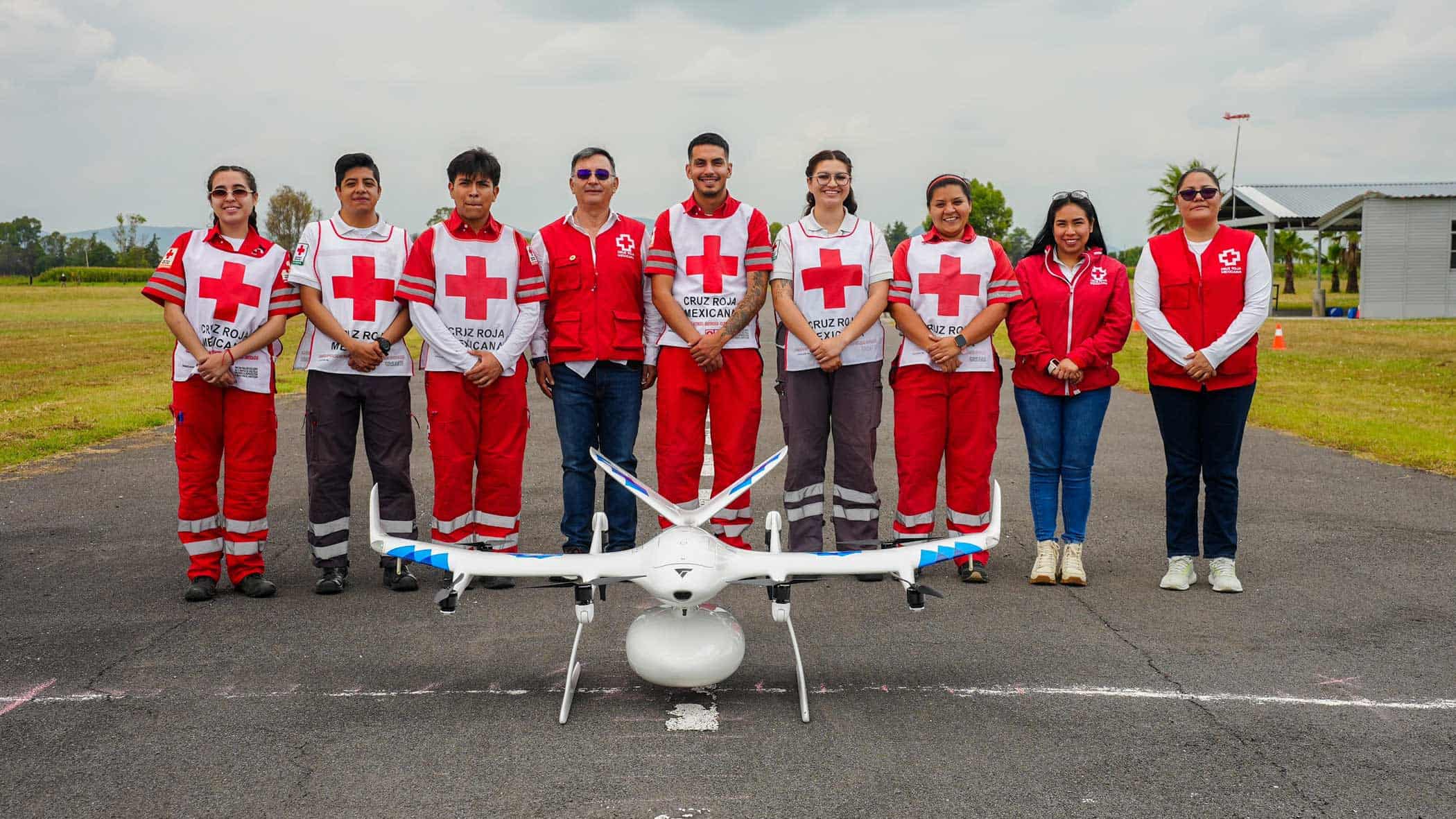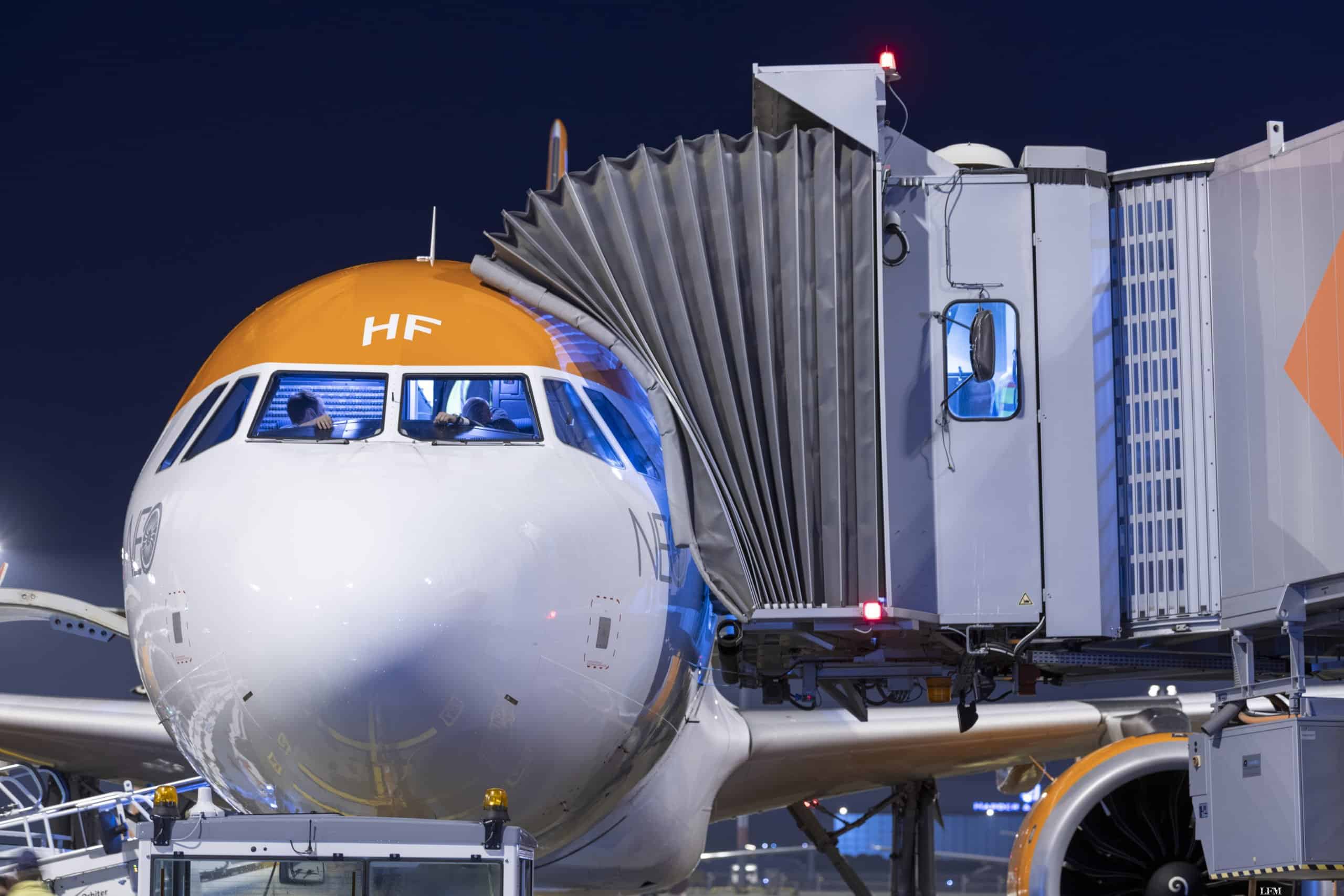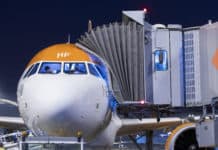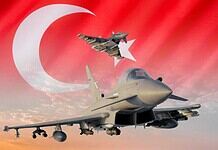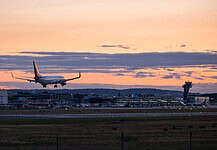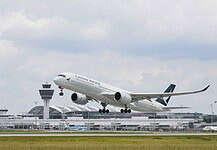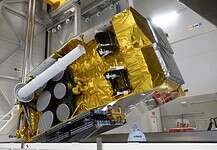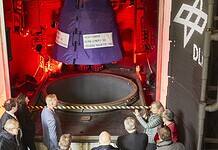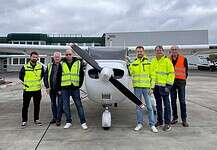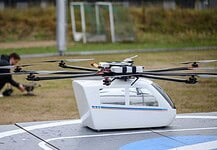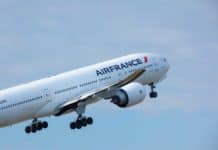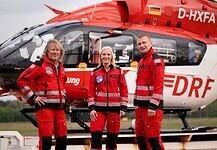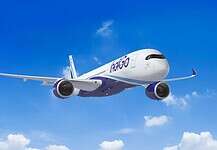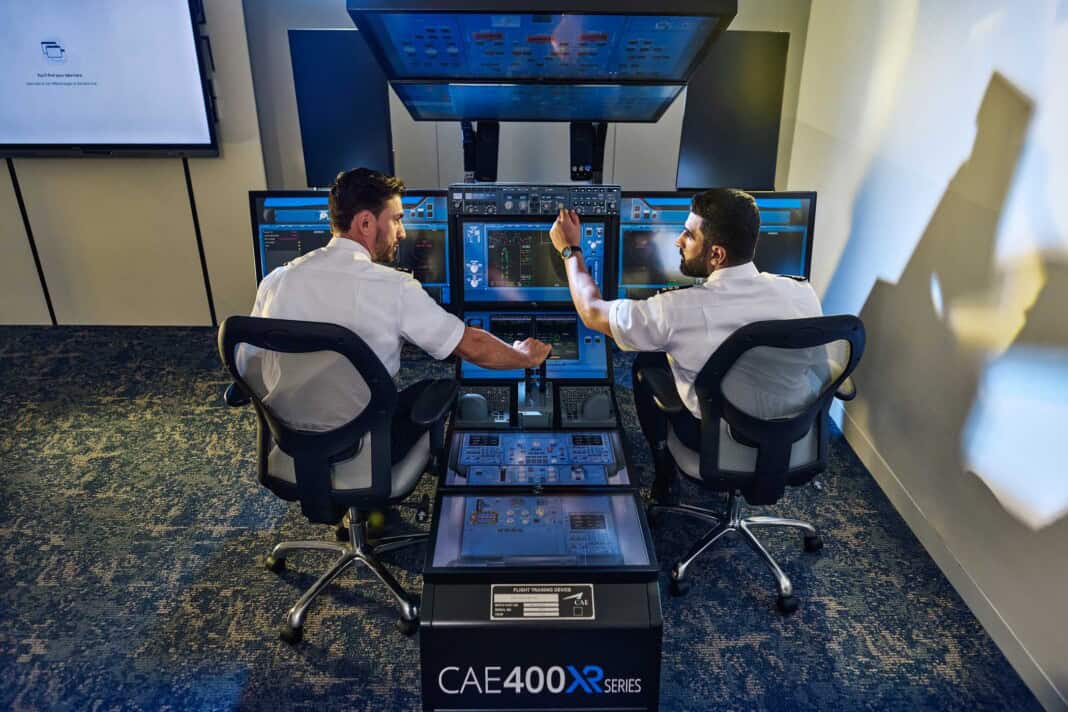
This site is also available on:
Deutsch
Introduction to Emirates’ new training center
Emirates Airlines is strengthening its leadership in the aviation industry with the opening of a state-of-the-art flight crew training center. This innovative center is a key component of the company’s growth strategy and will ensure that both current and future pilots can receive comprehensive training in the operation of the latest aircraft models, such as the Airbus A350 and the upcoming Boeing 777X. Spanning over 63,000 square feet, the facility represents not only cutting-edge technology but also a strong commitment to employee development and training within a thriving aviation hub in Dubai.
Advanced training technologies for pilots
The new training center features six simulator cabins, each equipped to enable full-fledged flight training scenarios. These simulators provide a more immersive training environment, allowing pilots to customize their cockpits and even create flight plans prior to training. An innovative feature is the Pilot Support Station (PSS), a tool developed internally by Emirates that facilitates preparation for practical training, significantly increasing training effectiveness. Digital recording of all training sessions enables detailed debriefing, allowing for precise analysis and improvement of pilot performance.
In addition to digital technology, the center relies on advanced 3D printing technologies capable of producing complex spare parts and training materials. This in-house production results in annual savings in the seven-figure range in dirhams, while ensuring high availability and quality of training equipment.
Expansion of capacities and highest quality standards
The two A350 full-flight simulators already in operation are just the beginning of a planned expansion. Four more simulators, including those for the Boeing 777X, are to be added in the coming years. With a capacity of up to 7,500 training hours per simulator and the ability to train up to 1,000 pilots annually, the total training capacity will be increased by more than half. In total, Emirates will provide 17 simulators for different aircraft types, enabling an impressive 130,000 training hours per year.
Of particular note is the qualification of the facility’s first A350 simulator, which was awarded a Level D certificate by the European Aviation Safety Agency (EASA) – the highest possible rating for flight simulators. Furthermore, this simulator complies with the latest Airbus A350 Standard 1.3 and passes this certification without any defects, an extremely rare occurrence in the industry.
Comprehensive training programs and comprehensive employee development
Emirates pilots undergo in-depth, competency-based training programs under the guidance of experienced instructors. In addition to theoretical instruction in modern classrooms, practical skills are reinforced through recurrent and retraining-related courses. The new training center thus complements the existing infrastructure, which also includes the Emirates Flight Training Academy, the Emirates Aviation University, and specialized centers for cabin crew and technical specialists. Together, they form a holistic development ecosystem that offers significant benefits for both employees and the entire aviation industry.
In addition, the airline is enjoying strong growth and is continuously seeking qualified pilots for programs such as Direct Entry Captains, Accelerated Command, and Non-Type Rated First Officers. These initiatives underscore Emirates’ commitment to developing and retaining top-level pilots to confidently meet the challenges of the global aviation industry.
Conclusion: A milestone for Emirates and aviation
The introduction of this state-of-the-art Crew Training Center marks a significant advance in aviation training. By combining cutting-edge technology, highly qualified instructors, and extensive training capabilities, Emirates not only ensures the professional competence of its flight crew but also positions itself as a pioneer in the use of innovative training methods. This strategic investment is a clear demonstration of its commitment to ensuring excellence in all aspects of aviation and further cementing Dubai as an international center for aviation and innovation.
With this progress, Emirates will create optimal conditions to meet the increasing demands of modern aviation while maximizing the safety and efficiency of its fleet. The investments in training equipment, technical innovations, and human resources development will contribute to the airline’s long-term sustainable competitiveness and significantly contribute to the company’s continued expansion and success.

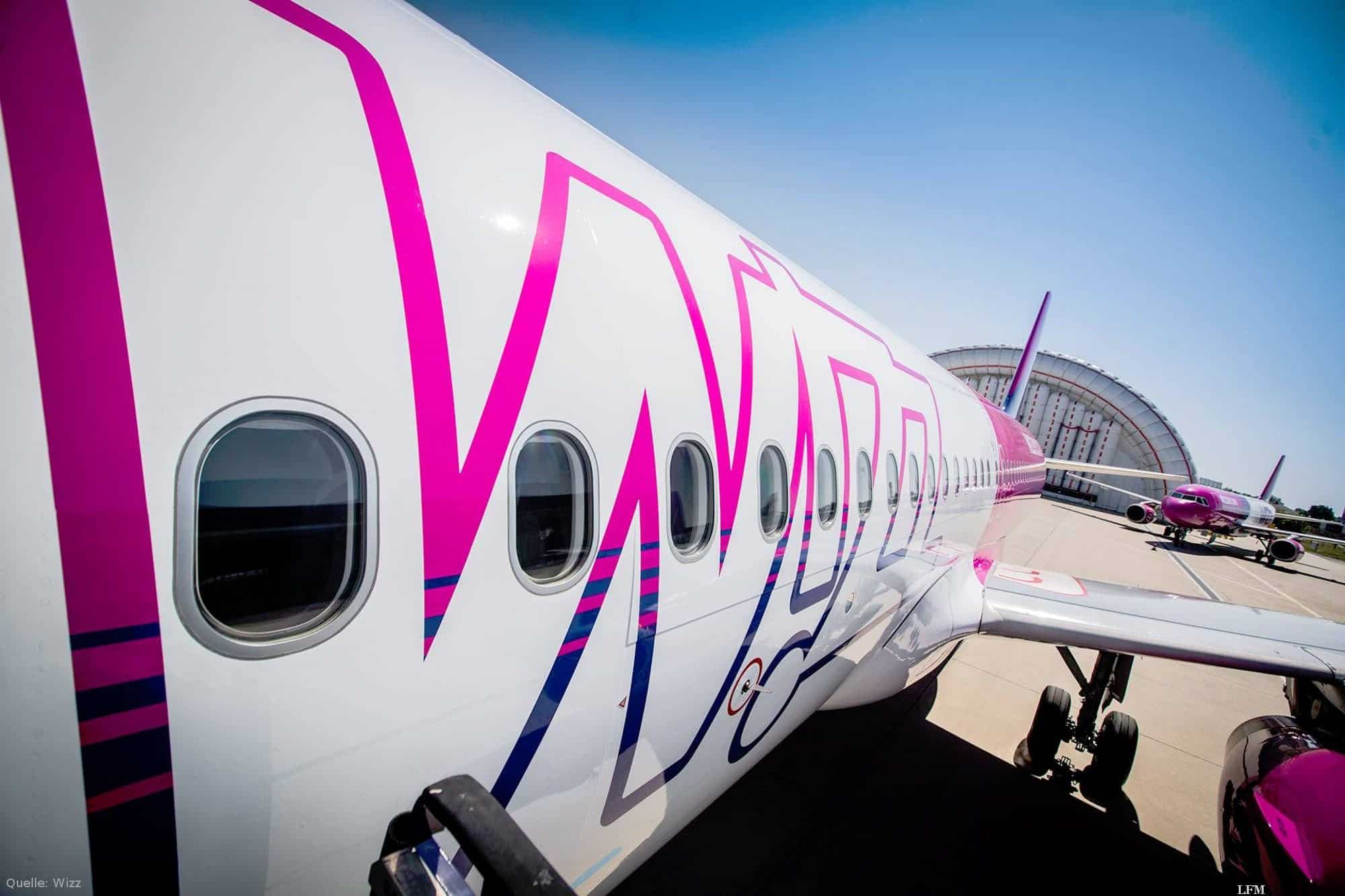 WIZZ Discount Club: More benefits for members (WIZZ Discount Club: More benefits for members)
WIZZ Discount Club: More benefits for members (WIZZ Discount Club: More benefits for members)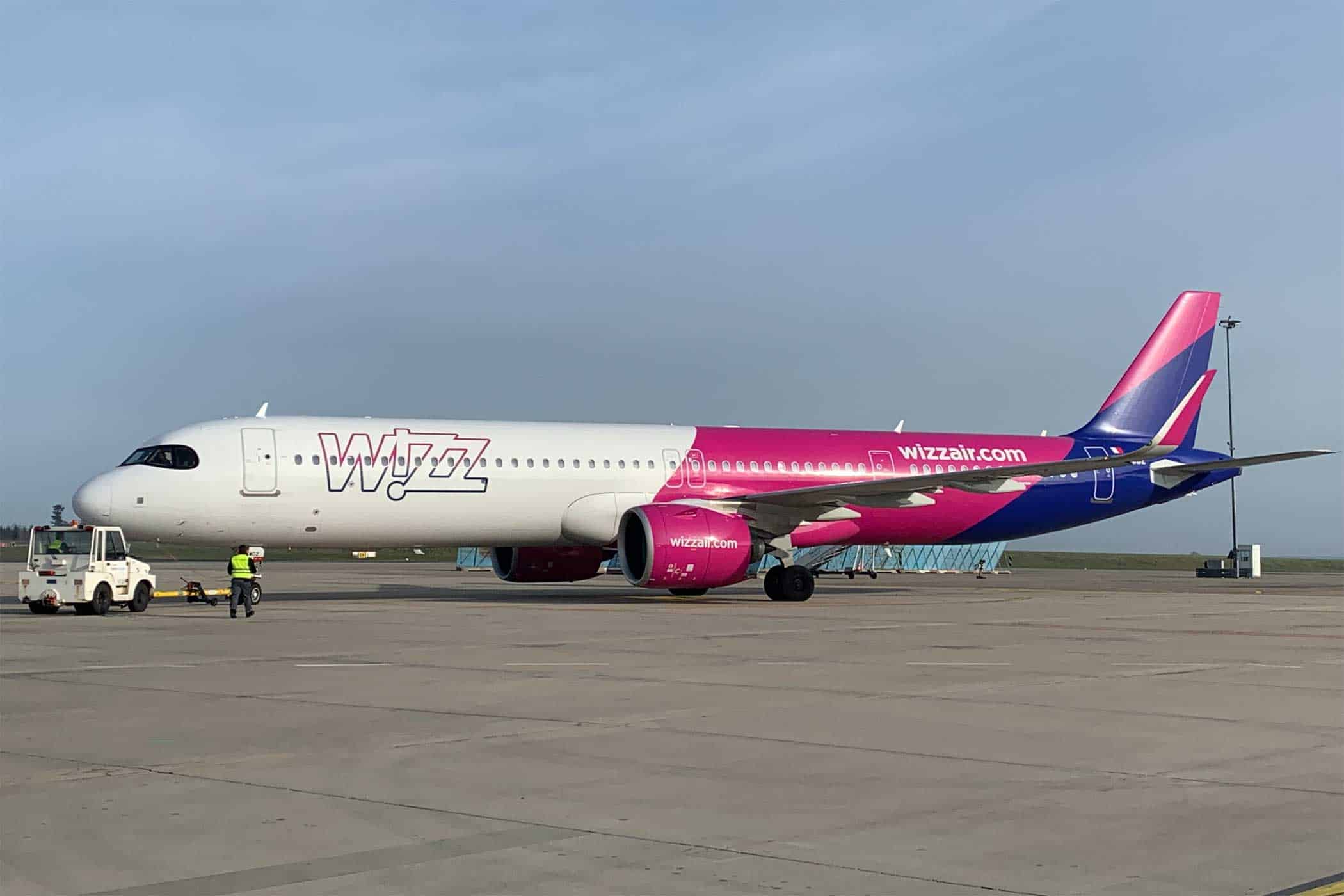 Wizz Air: New flights to Bucharest and Sibiu from Hahn Airport (Wizz Air: New flights to Bucharest and Sibiu from Hahn Airport)
Wizz Air: New flights to Bucharest and Sibiu from Hahn Airport (Wizz Air: New flights to Bucharest and Sibiu from Hahn Airport)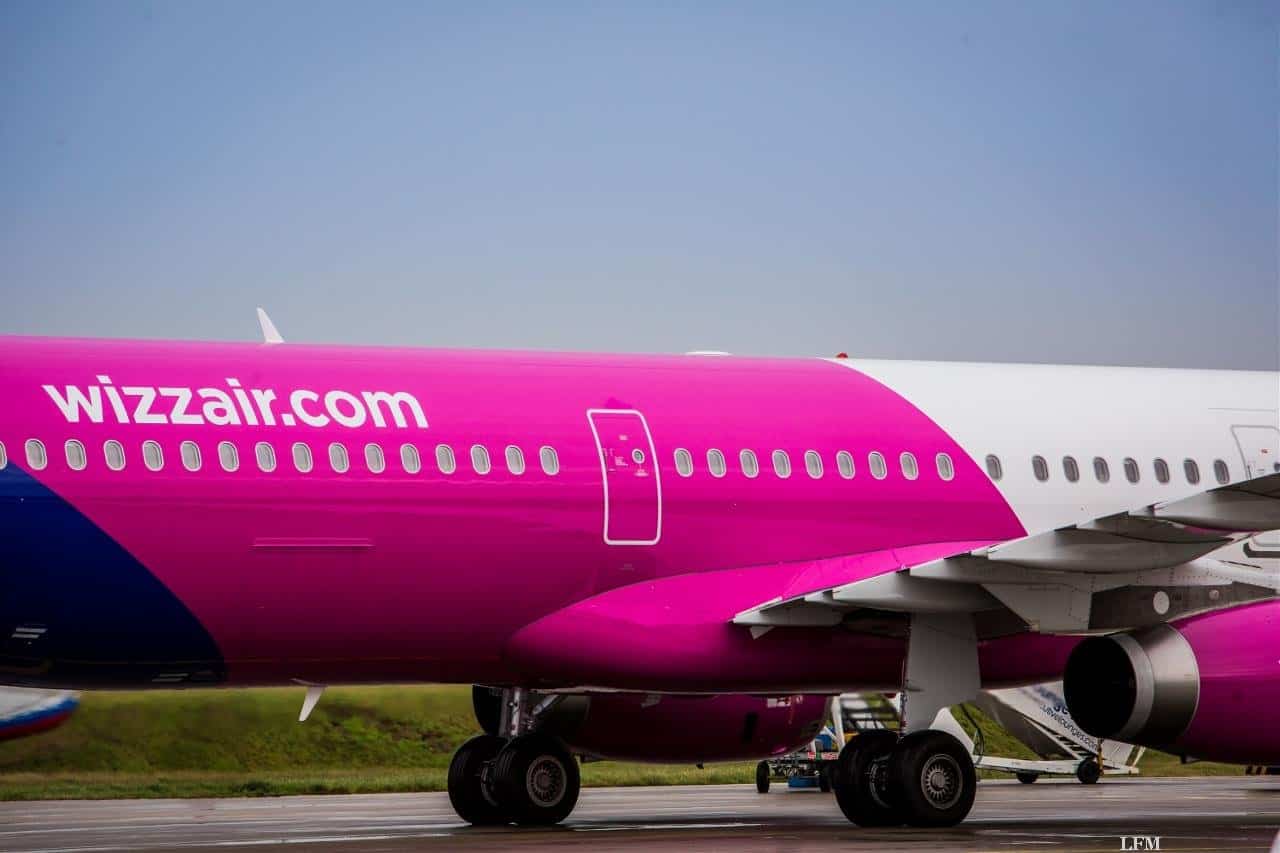 Wizz Air resumes flight connection Dortmund – Szymany (Wizz Air resumes flight connection Dortmund – Szymany)
Wizz Air resumes flight connection Dortmund – Szymany (Wizz Air resumes flight connection Dortmund – Szymany)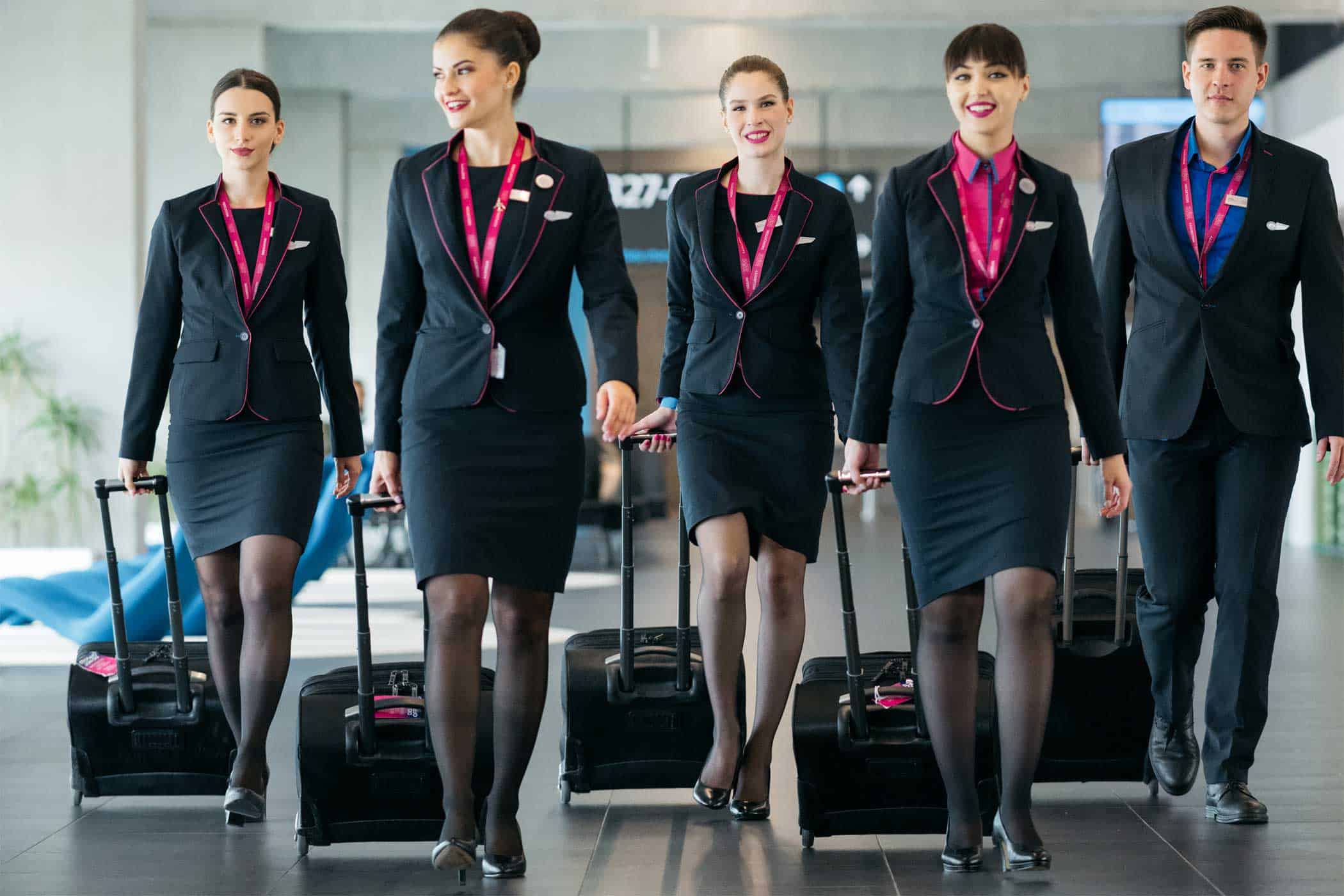 Wizz Air promotes female power in the skies (Wizz Air promotes female power in the skies)
Wizz Air promotes female power in the skies (Wizz Air promotes female power in the skies)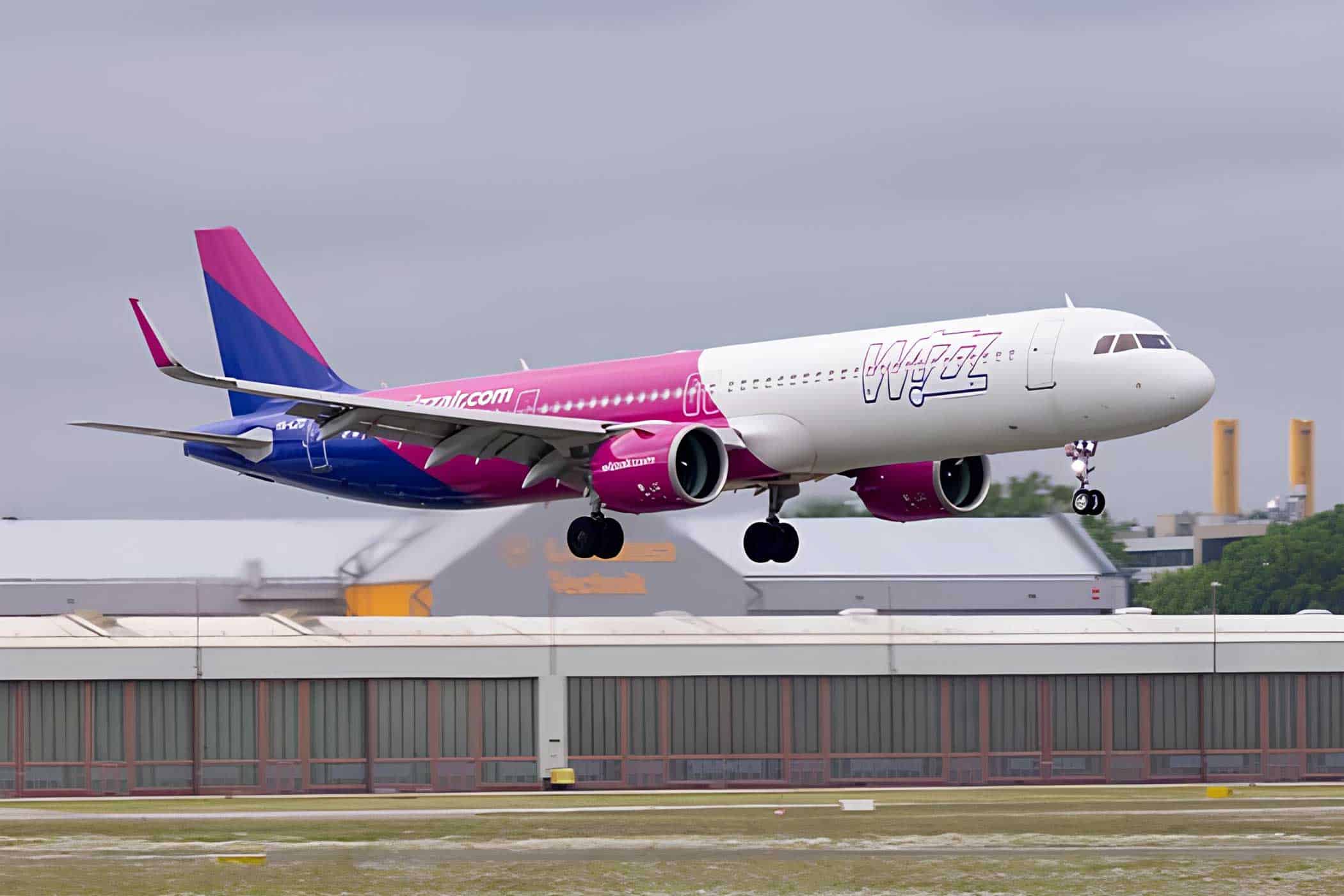 Wizz Air launches route to Kutaisi (Georgia) from Hamburg Airport (Wizz Air launches route to Kutaisi (Georgia) from Hamburg Airport)
Wizz Air launches route to Kutaisi (Georgia) from Hamburg Airport (Wizz Air launches route to Kutaisi (Georgia) from Hamburg Airport)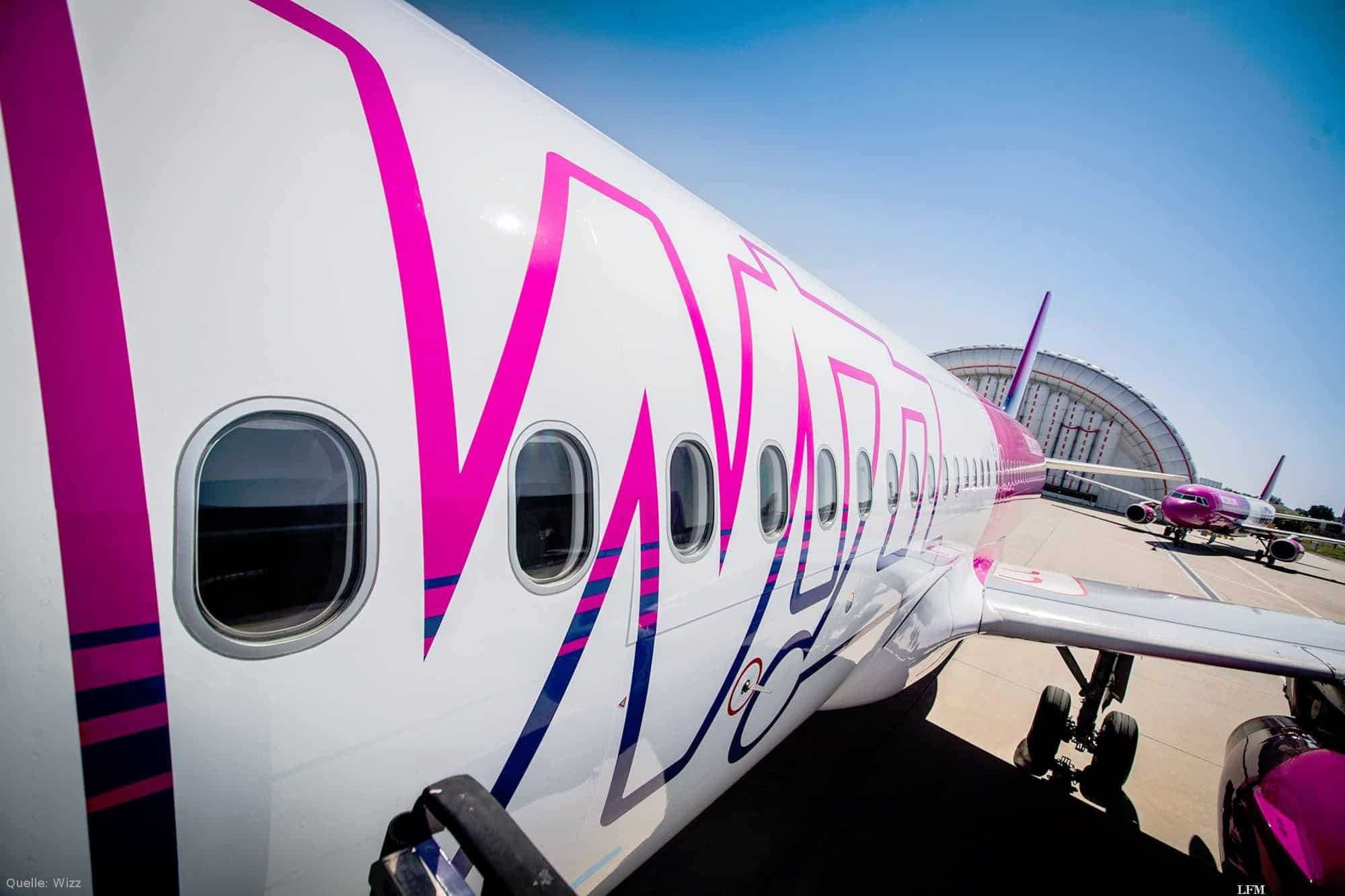 Wizz Air invests 14 billion euros in customer commitment (Wizz Air invests 14 billion euros in customer commitment)
Wizz Air invests 14 billion euros in customer commitment (Wizz Air invests 14 billion euros in customer commitment)